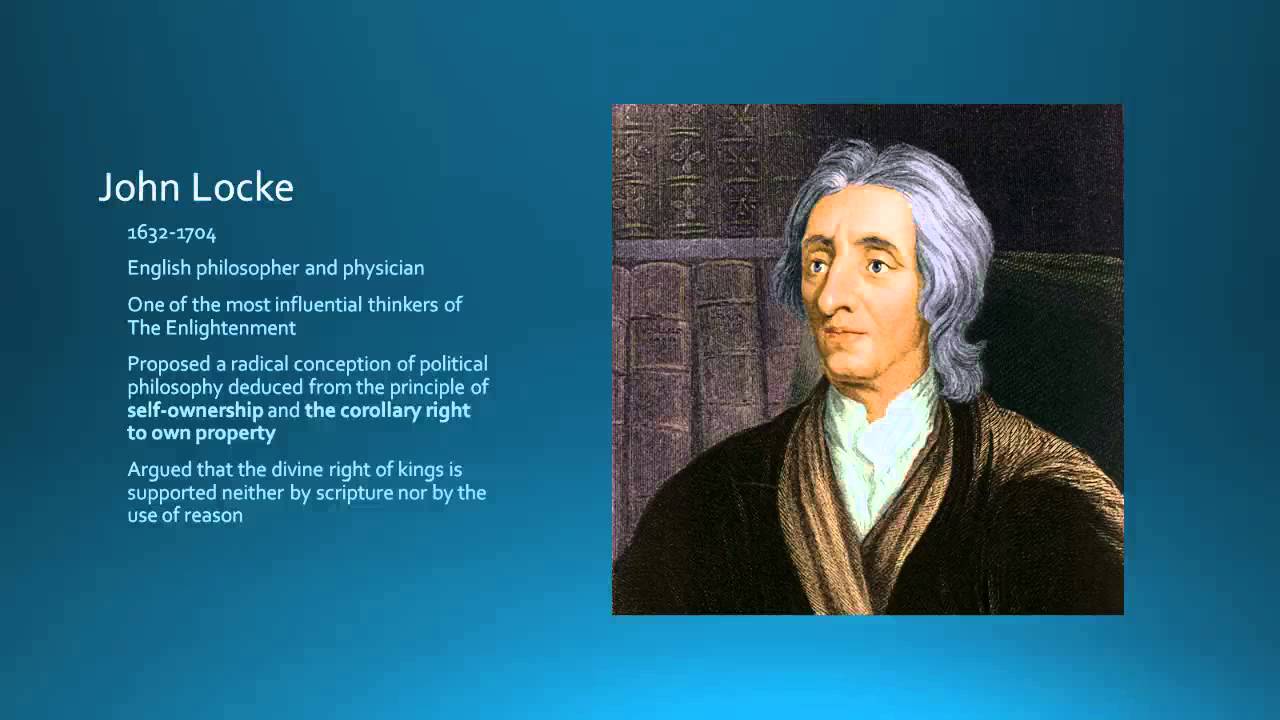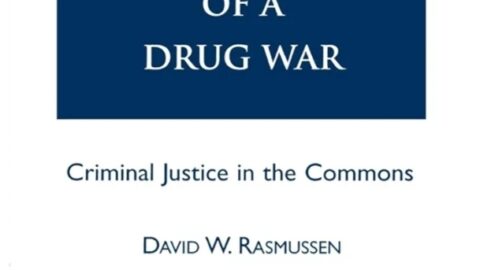On Treatise of Government 1
By Iron Tiger
During the life of John Locke, a Glorious Revolution occurred in Scotland. Also called the Revolution of 1688, the battle would see the fall of James II and VII, who ruled over England and Ireland, and the rise of Mary II in their place. It led to the exile of many, including Locke, and a grand argument over the nature of a good civil government. Many philosophers of the time clung to the aging idea that power should be absolute and in the hands of the monarch, as the monarch was chosen by God, and ruled by divine right, a philosophy called patriarchalism. Popularized by philosophers such as Sir Robert Filmer, whose book, Patriarca, would try to rationalize the Divine Right of Kings at a time when the House of Commons was pushing to limit the power of the Monarch and expand liberty for the commoner.
We see the concept of the Divine Right of Kings all over the world, all throughout history. In Europe, it was widely accepted by many that the king was chosen by God. In ancient Egypt and feudal Japan, the Pharaoh and the Emperor were looked at as being divine themselves and not subject to being questioned. In China, the concept of the Mandate of Heaven exists to this day. Meanwhile, the Socialists, Marxists, and Communists justify themselves as being on the “right side of history.” While they reject the divine, they still embrace the notion that they are destined to rule, and therefore have a right to absolute power. It has always been the easiest way to justify tyrannizing the People. After all, if your government is there with the blessing of God, or ruled by a god, or destiny, or that the arc of history bends their way, then who are you to question them?
The idea that one is the moral right, therefore you need to shut up exists to this day. We see it everywhere, whether it’s protesters in Hong Kong being arrested for voicing their beliefs that they should have more freedom or Facebook “fact-checking” dissenting voices, questioning the official narrative of the current administration . . . before punishing them with a sort of digital exile we disparage as, “Facebook jail.” Sadly, very little has changed at all since the beginning of mankind. Power seeks to justify itself, and silence those who challenge it.
Enter the exiled John Locke . . . In 1666, Locke was appointed to the role of physician to the household of Whig Party Conservative parliamentarian, Anthony Ashley Cooper. They became close friends, and Locke would even oversee a liver operation that would save his life. Cooper eventually became the Earl of Shaftsbury, and Locke served him for the next twenty years. As their friendship grew closer, the two would share philosophical insights about how the world is, and how it ought to be. Cooper eventually became a leading voice in opposing the Royal Succession of James II. Those efforts failed, and so Cooper began to plot an armed uprising, but this failed as well, forcing him into exile, where Locke would follow. Locke would not return until the ascent of William III to the throne. During his time in exile, however, he would commit himself to studying and writing. He wouldn’t publish these writings until much later, but his experiences bent his mind away from Divine Right to Rule. Taking the idea to task became a high priority. It was the subject of his first of two treatises on government.
Rather than government being the product of divinity, Locke believed that legitimate governments were only formed by the consent of the governed. He also argued that when the government loses that consent, the governed are well within their rights to change that government. You might recognize that argument, as it would go on from being the basic argument of the Treatise on Government I and II to being the foundation of the Declaration of Independence. Though Locke would make that argument in more pronounced terms in Treatise II. In Treatise I he focused on refuting the Patriarca, by Sir Robert Filmer because Filmer had, “. . . carried the argument farthest, and is supposed to have brought it to perfection.”-1
To understand Filmer, one must look at his interpretation of the Bible. Filmer argued that God granted Adam absolute power over the world and that when Adam became a father, he had absolute authority over his children. In a way, the King, therefore, was like a father figure, the parent of the whole kingdom, and so the people should subordinate themselves to the king the way a child would to their father. This attitude is still around today. Remember when comedian Chris Rock suggested Obama was like the “dad of the country . . .?” -2. Filmer believed that this absolute authority was an extension of ownership granted by God.
Locke dismissed this as a misreading of the Bible, as Eve would have had a role in raising the children, and he posited that even if God had granted total control over land and beast, the notion that one could own a fellow human being was just absurd, as ownership over others, or even enslaving other violates nature’s law.
Locke also predicted that the Divine Right of Kings, as a rationale for ruling was not only not reasonable but would inevitably lead to the total collapse of the government, as it invites conflict over succession, among other problems. Even so, if Filmer was right, the only appropriate heirs would have to be direct descendent of Adam. Just a question for Chris Rock… is Barack Obama a descendant of Adam? Just curious. If not, then surely, he cannot be the dad of the country, and should not be treated as such.
Ultimately, absolute power tends to come from those who simply rise up and take it, then enforce it. It’s not that they are chosen by God, but rather that they brute force their way to the top. And when they rule that way, their claim to power is illegitimate, and because they brute forced their way to power, they invite others to brute force their way to power. Who can say who has the divine right under such circumstances? Locke said, “I think he is the first Politician, who, pretending to settle Government upon its true Basis, and to establish the Thrones of lawful Princes, ever told the World, That he was properly a King, whose Manner of Government was by Supreme Power, by what Means soever he obtained it; which in plain English is to say, that Regal and Supreme Power is properly and truly his, who can by any means seize upon it; and if this be, to be properly a King, I wonder how he came to think of, or where he will find, an Usurper.”-3
Finally, Locke dismisses the Divine Right altogether, as his view was that the Bible did not support such a claim. Remember God’s reluctance to grant Israel a king? I remember God hesitantly granted the request, but lamented that “. . . it is not you (Samuel) they have rejected, but they have rejected me…” (1st Sam. 8:7).
It seems to me that the only one who can claim to have a divine right to rule is the Divine Himself. In all other instances, the right to rule can only legitimately exist with the consent of the governed. We should therefore be wary of anyone who claims a divine right, a heavenly mandate, a destiny, that history is with them, or even those who claim that they are chosen by God. In reality, the only legitimate claim to power is that obtained by persuading the people. Anything else is illegitimate.
-1: 1st Treatise 1 § 5
-2: Chris Rock: Obama ‘dad of the country’, video by Politico, www.politico.com, 2/6/2013, https://www.politico.com/video/2013/02/chris-rock-obama-dad-of-the-country-009207#:~:text=During%20press%20conference%20on%20gun,’dad’%20of%20the%20country.
Accessed 7/16/23
-3: (1st Tr., § 79)






